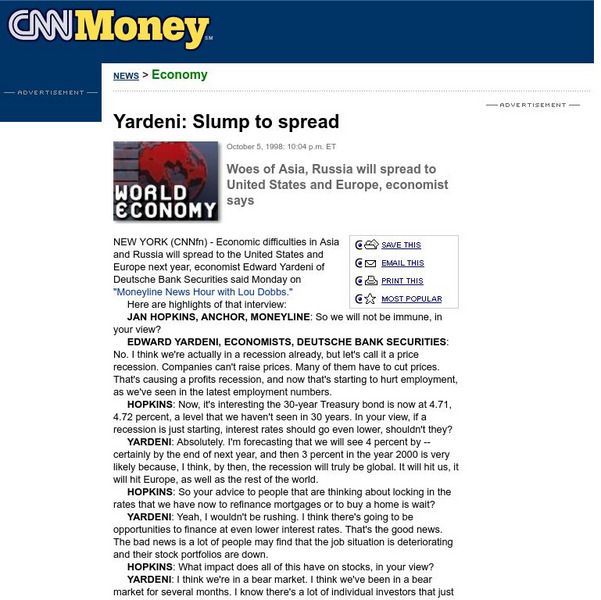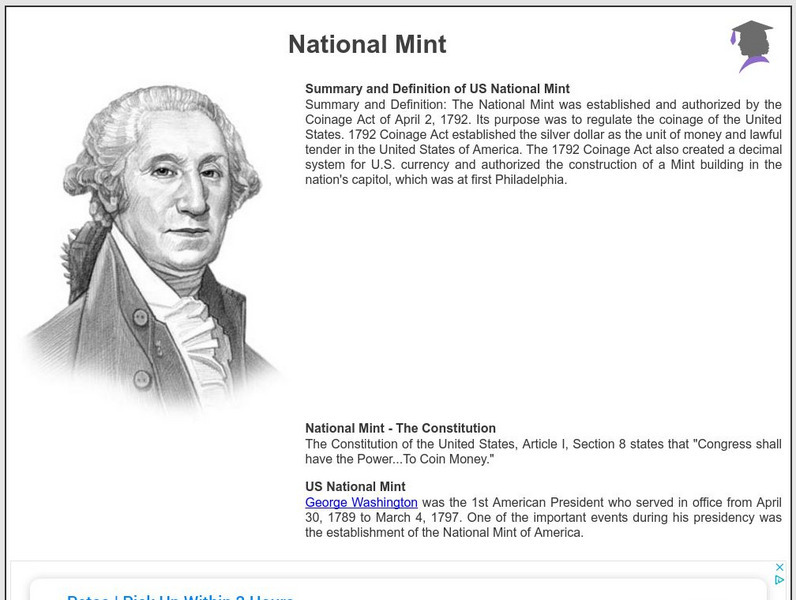Hi, what do you want to do?
Texas Education Agency
Texas Gateway: Ch. 14: Pitfalls for Monetary Policy
By the end of this section, you will be able to do the following: Analyze whether monetary policy decisions should be made more democratically; Calculate the velocity of money; Evaluate the central bank's influence on inflation,...
Other
Bank site.com: Dollar the Dragon
A complete guide to banking from BankSite.com, teaching you about banks, checks, savings, and more.
Other
Banknotes.com: World Currency Gallery
Images of bank notes from many countries are available here. Choose a continent, then a country, and display pictures of that country's money.
Other
Bank Reserves and the Money Supply
This article, from a larger study titled "Money: What It Is and How It Works," explains the fractional reserve system, which requires banks to hold a certain amount of their deposits as cash. Covers reserve requirements, factors...
Other
Money: Money Basics
This page provides money basics including the two kinds of money, the creation of money, reserve ratio requirements, controlling the price of credit, the Fed's reactive role, limiting bank lending, limiting money supply growth, and the...
University of Nebraska Omaha
University of Nebraska: My Money [Pdf]
A teaching resource with teacher guides, lesson plans, and a test of money for grades 4, 5, and 6. Includes exercise sheets.
The Federal Reserve System
Federal Reserve Board: The Fed Explained
This page provides access to "The Federal Reserve System/Purposes & Functions," a publication of the Board of Governors of the Federal Reserve System. This book is available as a complete publication or by chapter. The book covers...
Other
University of Exeter: The Significance of Celtic Coinage
The author discusses how the use of coins grew, faded, then grew again in Britain, from Celtic times through Roman rule and Anglo-Saxon times. He contrasts the use of coins in Wales and explains why Welsh money developed differently. The...
Other
International Monetary Fund: Monetary Mania
Great interactive online trivia quiz that lets you test your knowledge of macroeconomics against two other fictional players. Pick your player and go!
Other
We the Savers: Young Savers
This resource introduces students to the world of money with this online tutorial. Each unit has its' own online quiz. Brave the desert, climb mountains and dodge alligators while you explore everything there is to know about earning,...
US Mint
United States Mint: History
Learn about the United States Mint and how it was created by the Constitution. Details on coins the Mint has produced, its role in U.S. history, and growth.
Utah Education Network
Uen: Budgeting
It is very important that you know about budgeting and have discussed it before you get married. Learn why a budget must be flexible in order to work and is important for couples managing money.
The Federal Reserve System
Federal Reserve Board: About the Fed
This Federal Reserve Board site page gives a short description of the Federal Reserve System and what it does. Related links.
PBS
Pbs: Commanding Heights the Battle for the World Economy
A huge site dedicated to an understanding of the current global economic system. Includes the history, forces, values and perceptions that have shaped the world's economy. A comprehensive resource that includes a detailed economic report...
Federal Reserve Bank
Federal Reserve Bank of Philadelphia: Why Money? [Pdf]
Learners learn about barter, and the benefits of using money, as they participate in this trading simulation.
University of Groningen
American History: Essays: Central Banking in the United States
This essay gives a background to understand the controversy surrounding the creation of a central bank in the United States.
Siteseen
Siteseen: American Historama: American Currency History
Provides an overview of the development of the nation's money. Learn about the history of US currency, the creation of the dollar, and why the First Bank of the United States was established.
Siteseen
Siteseen: American Historama: First Bank of the United States
Describes how Alexander Hamilton established the First Bank in 1791 to handle the massive Revolutionary war debt and to create a standard form of currency.
CNN
Cnn Money: Yardeni: Slump to Spread
In 1998, economist Edward Yardeni of Deutsche Bank Securities predicted that the economic difficulties affecting Russia and Asia would soon spread to the US and Europe. In this interview from "Moneyline News Hour with Lou Dobbs," compare...
Siteseen
Siteseen: American Historama: National Mint
Article provides detailed facts and information on The National Mint that was established in 1792 to regulate the coinage of the United States.
Khan Academy
Khan Academy: Comparing Gdp Among Countries
GDP per capita is GDP (Gross National Product) divided by population. Since GDP is measured in a country's currency, in order to compare different countries' GDPs, we need to convert them to a common currency. One way to compare...
AdLit
Ad lit.org: Breaking Barriers Without Breaking the Bank
When you see your child struggling, you want to jump in and help, but sometimes your instincts and desire aren't enough. When your child has trouble with schoolwork and a tutor is necessary, one of the biggest roadblocks to getting help...
Consumer Financial Protection Bureau
Consumer Financial Protection Bureau: Storing My Savings
Students read descriptions of common places to store their money and weigh the benefits and risks of each to decide which one(s) fit their financial goals.
Other
Money: What It Is, How It Works: Understanding Government Debt
This article discusses how our monetary system works and the role the government plays. Organized into the following sections: "Government Money," "Treasury Options", "Tax or Borrow?", "Rolling Over Government Debt", and "Net Financial...





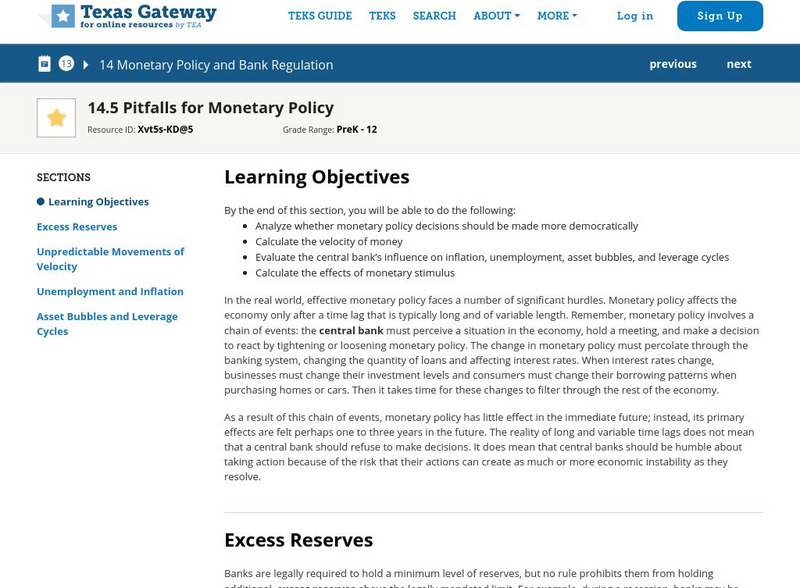

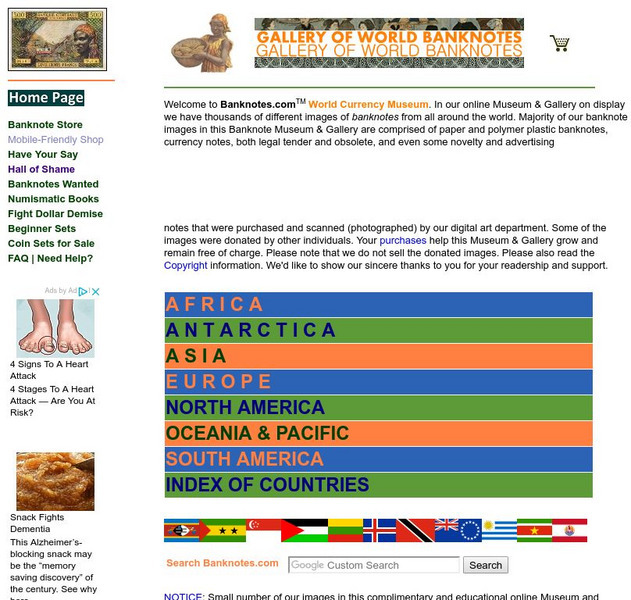
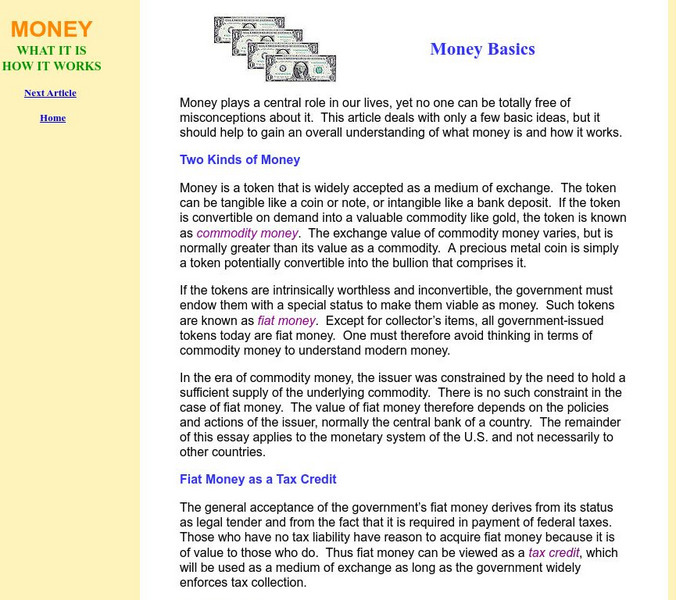


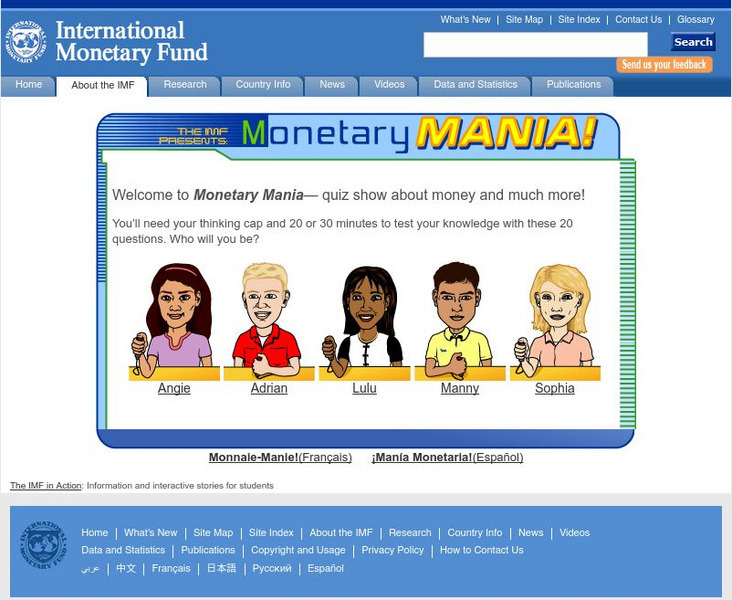

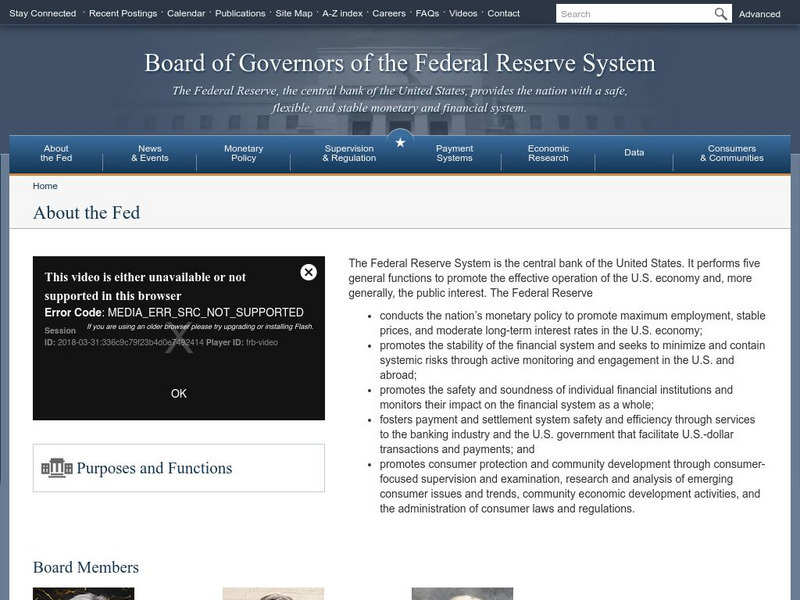

![Federal Reserve Bank of Philadelphia: Why Money? [Pdf] Lesson Plan Federal Reserve Bank of Philadelphia: Why Money? [Pdf] Lesson Plan](http://lessonplanet.com/content/resources/thumbnails/409976/large/bwluav9tywdpy2symdiwmduymc0xmdm5ny0xdnbua3j3lmpwzw.jpg?1589982798)



